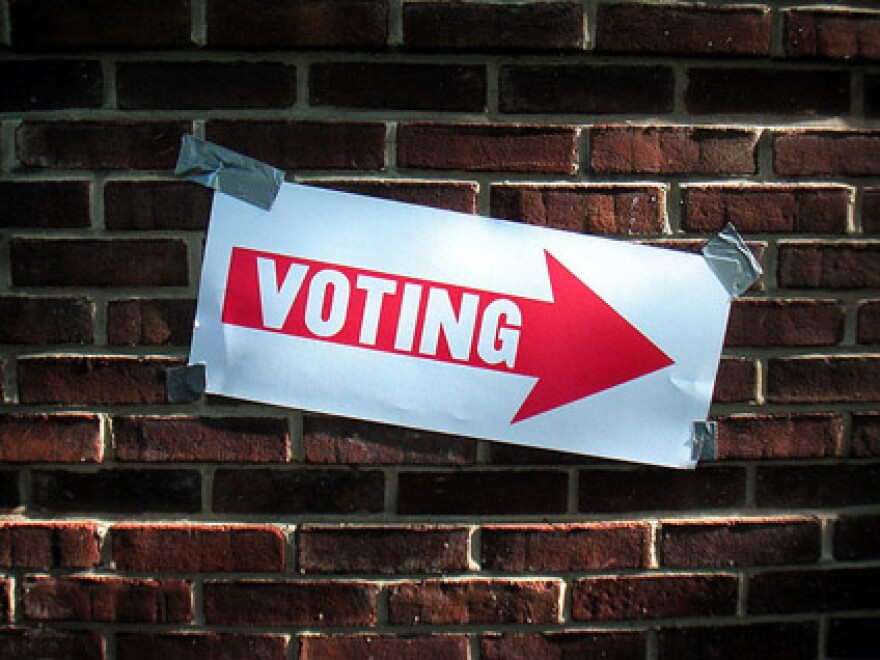A federal appeals court ruled on Wednesday that the Texas Voter ID Law violates the Voting Rights Act. The lawsuit challenging the law was born in North Texas.
The Texas voter ID law has been in place since 2013, and opponents have long argued that it disenfranchises voters, particularly minorities.
The 5th U.S. Circuit Court of Appeals, which is known for being conservative, reaffirmed an earlier ruling that found the law did discriminate.
The lawsuit in question is titled Veasey v. Abbott – that’s Marc Veasey, who’s now a Democrat representing Fort Worth in Congress, and Greg Abbott, the Duncanville High School graduate who’s now the Republican governor.
Veasey said Wednesday was a big day.
“I think that the Republicans efforts to try and make voting hard and try to make it difficult and burdensome on the poor, on minorities, on people that have been disenfranchised in the past was bad and I think that this ruling is going to give us an opportunity to make a lot of that right,” Veasey said.
The law is considered one of the toughest in the nation. It requires that anyone who votes must show an approved form of photo ID. That could be a driver’s license, state-issued ID card or a passport.
Elaine Wiant, who’s with the League of Women Voters of Texas, said the law is unfair because not everyone has one of those types of ID.
“Many students these days don’t drive so getting an ID on the list would be a problem where they have an id that works for other purposes,” Wiant said.
Under the ruling, a lower court must now decide what voters should be permitted to show before voting in the November election.
Wiant said the court could let people show the previously allowed forms of ID – which included a voter registration card or a utility bill. Or the court could expand the list of acceptable photo IDs to include student and employee ID cards.






